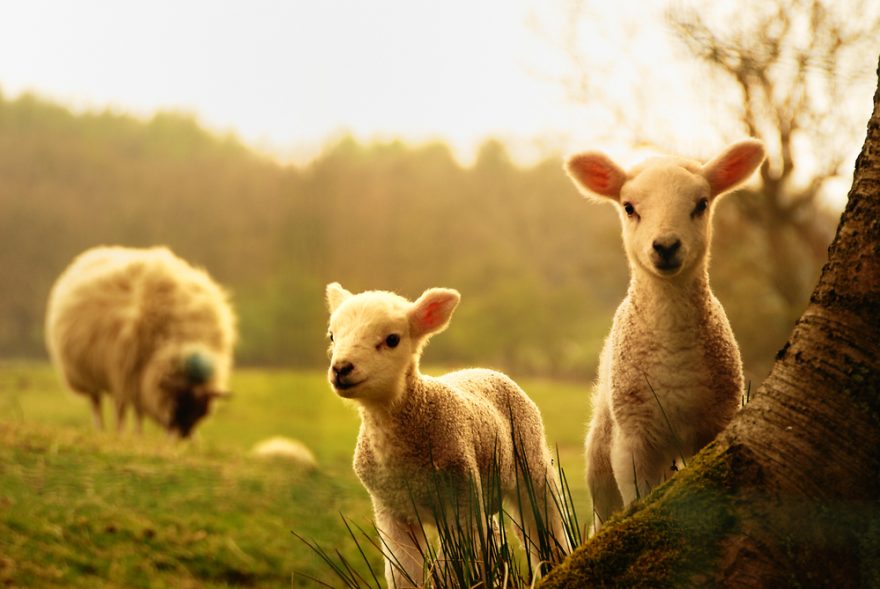Animal Farm Literary Analysis Essay Sample for Students
Everyone who read George Orwell’s “Animal Farm” can understand that this is his word against Stalin’s regime in the time of the Soviet Union. The domination of the farmers over the animals shows the allegory that people use their closest relations as a herd only to quench their thirst for power.

Photo from Depositphotos
The author of the “Animal Farm” literary essay shows students how they can interpret this literary composition. Those who want to analyze this novel but feel that it’s too complicated should read this “Animal Farm” analysis essay sample and create their point of view. Or buy essay of a similar kind from us.
Writing a literary analysis is not an easy process. For this purpose, we present our blog, where you can find essay samples on different disciplines. BuyEssay is an excellent service for students that helps to improve their knowledge and set up new goals for academic results.
George Orwell and His Animal Farm
George Orwell introduces Animal Farm as a satire to the Stalinist Russian government. It is a satirical fable that centers on a pig’s totalitarian leadership where only selected youths are allowed to be educated. The rest of the adult animals and remaining youths are left uneducated. The poor knowledge of their rights and the fundamental rules of their society is the direct result of this lack of education, and which also leads them to endure abuse, deception, and cruelty. And this implies that the lack of education prevents people from understanding, knowing, and fighting for their rights, making them helpless victims of the deceptive and manipulative leadership.
Even though the animals were given education, they were either incapable or uninterested in learning, and so they even forget their goals and were deceived and taken advantage of by their leaders and other pigs. For instance, the animals expected to share ripened apples among themselves, only to be disappointed by the fact that the pigs decided to keep said harvest among themselves (Orwell 50). The pigs convince them that it is not because of selfishness but that they have the privilege and the right to consume the produce because they are “brainworkers” and are looking after the farm (51). That is, if only they had tried to understand the objectives of the Animal Farm in accordance to Old Major’s speech, which includes the idea of them enjoying their produce, and most importantly, that all animals are equal, they would realize that they were being deceived and special privileges do not constitute such equality.
Additionally, most of the farm animals did not understand the rules that protected them and gave implications to their rights; because of this, they faced cruelty and were manipulated to believe lies. As when Napoleon, their leader, murdered his fellow animals, those who witnessed the event failed to realize that the act was a violation of one of the seven commandments. And yet, they try to argue they are held back by their failure to learn and understand the fundamental commandments of the farm. And for this reason, they were manipulated into believing that they misunderstood the law and ultimately, ended up being taken advantage of (Smith).
Animal Farm lays out examples of deception and manipulation by a totalitarian government. This includes the manipulation of rules for the benefit of the leader, the selection of a few youths to educate, and deceiving the rest of the uneducated animals. Also, undeniably, it portrays a fable in a dystopian setting. It tells of the abuses of a totalitarian leadership and its empowered state in an uneducated society. And so, distinctive to fables, the novel implies lessons, one of them that education can prevent the abuse of power, because with it people will have knowledge and understanding of their rights. And thus, they will have the opportunity to fight for such rights in the face of deceptive and manipulative leadership.
Works Cited
Orwell, George. Animal Farm: A Fairy Story. 1945, www.b-ok.cc/book/969449/3fb47e. Accessed 14 February 2020.
Smith, Nicole. “Social Stratification and Class in Animal Farm.” ArticleMyriad, http://www.articlemyriad.com/social-stratification-class-animal-farm/. Accessed 14 February 2020.
